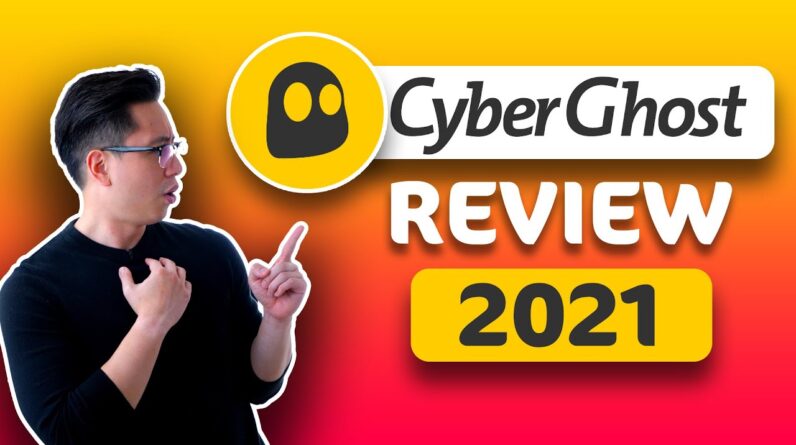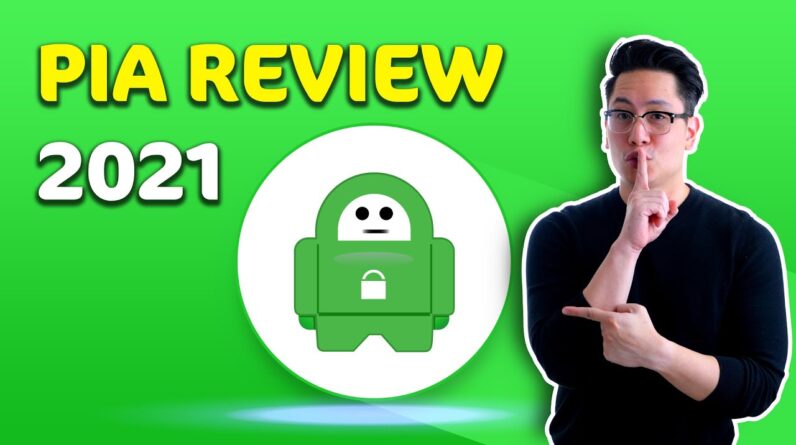In this article, the writer will delve into the query of if employing a VPN constitutes a legitimate protective action or merely a misleading fraud. The writer will offer their candid viewpoint, illuminating both the advantages and disadvantages of using a VPN service. Through a detailed exploration of different factors and tackling widespread worries, the writer intends to furnish readers with useful knowledge enabling them to make a well-informed choice regarding the integration of a VPN into their digital life. Thus, let’s plunge into the reality surrounding VPNs.
Title: Should You Use a VPN or is it Just a BIG SCAM? ???? (My Honest Opinion)
Introduction:
In today’s digital world, online privacy and security have become major concerns for internet users. With the rise in cyber threats and the constant collection of user data by ISPs, individuals are increasingly turning to Virtual Private Networks (VPNs) to protect their online activities. However, the question remains: should you use a VPN, or is it just a big scam? In this article, we will dive deep into the world of VPNs, exploring their benefits, potential drawbacks, and providing my honest opinion.
Using a VPN can help avoid bandwidth throttling by ISPs.
One of the significant advantages of using a VPN is the ability to bypass bandwidth throttling imposed by Internet Service Providers (ISPs). With a VPN, your internet traffic is encrypted and routed through a remote server, making it difficult for ISPs to monitor and control your online activities. This can lead to improved internet speeds and a smoother online experience.
ISPs in some countries can pass user data to third parties for marketing purposes.
Privacy concerns are at the forefront of VPN usage. In certain countries, ISPs are allowed to collect and sell user data to third parties for marketing purposes. By using a VPN, you can effectively protect your personal information and prevent it from falling into the wrong hands. VPNs encrypt your data, ensuring that it remains private and secure, even from your ISP.
ISPs in other countries have severe censorship capabilities.
In some countries, ISPs have the power to restrict internet access, censor certain websites, and monitor user activities. This severely limits individuals’ freedom of expression and access to information. By utilizing a VPN, you can bypass these restrictions and freely browse the internet without fear of censorship. A VPN allows you to connect to servers in different countries, granting you access to content that may be blocked in your location.
Changing your IP address is a valid reason to use a VPN.
VPNs provide the ability to change your IP address, which can be beneficial for various reasons. Changing your IP address can help you access region-locked content, stream geo-restricted media, or participate in online activities that are specific to a particular location. Whether you are traveling abroad or simply want to expand your online options, a VPN can facilitate these experiences by masking your true IP address.
A VPN can hide your physical location through an IP address.
With a VPN, you can maintain anonymity online by hiding your physical location through an IP address. This is particularly useful when accessing public Wi-Fi networks, as it prevents others on the same network from tracking your activities or accessing any personal information transmitted over the network. By utilizing the encryption and IP masking capabilities of a VPN, you can ensure your privacy and protect sensitive data.
VPNs can protect against sensitive information gathering and malware attacks.
In today’s digital landscape, cybercriminals are constantly looking for opportunities to collect sensitive information and launch malware attacks. VPNs help safeguard your online activities by encrypting your data, making it unreadable to potential hackers. Additionally, some VPNs offer additional security features such as ad-blocking and malware protection, further enhancing your online safety.
VPNs have ad-blocking features and can provide additional security measures.
Apart from enhancing privacy and security, VPNs often include ad-blocking features that can significantly improve your browsing experience. By blocking intrusive ads and trackers, VPNs minimize distractions and speed up webpage loading times. Furthermore, VPNs can provide additional security measures, such as DNS leak protection and a kill switch, which ensures that your connection remains secure even if the VPN connection drops.
The security of a VPN depends on the jurisdiction, no-logs policy, and server list.
When choosing a VPN, it’s crucial to consider the security factors involved. The jurisdiction in which the VPN operates can impact its level of privacy and data protection. A VPN provider that follows a strict no-logs policy ensures that your online activities are not recorded or stored. Additionally, the number and locations of servers offered by the VPN provider can affect the overall performance and security of your VPN connection.
Conclusion:
In conclusion, using a VPN can provide numerous benefits, including enhanced online privacy, protection against bandwidth throttling, and access to geo-restricted content. However, it’s essential to research and choose a reputable VPN provider. By considering factors such as jurisdiction, no-logs policy, and server list, you can ensure a secure and reliable VPN experience. Ultimately, the decision to use a VPN depends on your personal needs and concerns regarding online privacy and security.
FAQs After The Conclusion:
- Are VPNs legal to use?
- Can a VPN slow down my internet connection?
- How do I choose a reliable VPN provider?
- Can VPNs bypass government censorship?
- Is it safe to use free VPN services?






